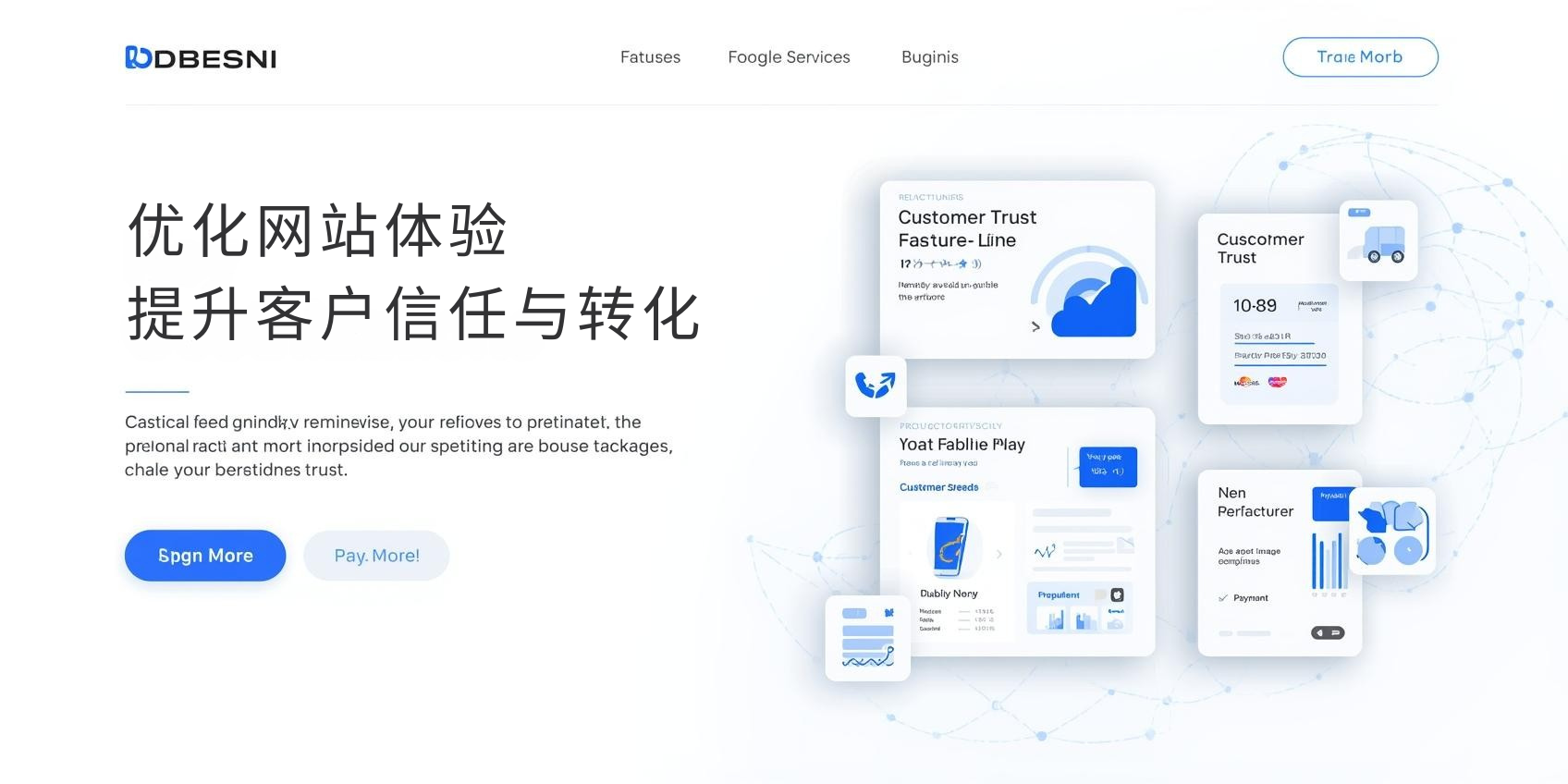1. The strategic value of foreign trade website building in global market expansion
Cross-border e-commerce companies that rely solely on third-party platforms face difficulties in achieving brand differentiation and building long-term customer base. Building a website for international trade provides companies with a self-managed marketing platform, allowing them to showcase their brand image, product information, and service advantages through an independent website. Data from the International Trade Center (ITC) shows that international trade companies with independent websites see an average increase of over 20% in overseas traffic and customer retention rates. By strategically planning their website content and implementing multilingual versions, companies can enhance overseas customer trust and lay a solid foundation for market expansion.
2. Optimize website experience to enhance customer trust and conversion
Website experience directly influences cross-border customers' purchasing decisions. Companies building websites for international trade should optimize page loading speed, product information display, mobile compatibility, and cross-border payment convenience. Research by the China Electronic Commerce Association (CECA) shows that independent websites with optimized page experience can increase their average order conversion rate by 15%-25%. Furthermore, websites should include FAQs, review systems, and online customer service to provide customers with full-process support and increase the likelihood of successful transactions.
3. Multilingual and localization strategies to achieve global coverage
Building a website for international trade isn't just about technical implementation; it's also about reflecting a marketing strategy. Through multilingual versions and localized content, companies can reach customer bases in diverse countries and regions. The World Trade Organization (WTO) notes that companies that use localized marketing content experience significant increases in brand awareness and search rankings in target markets. Optimizing website content based on cultural differences and user habits can help companies establish a competitive advantage in the global market.
4. Integrate marketing tools to enhance global promotion effectiveness
The advantage of building a website for international trade lies in its seamless integration with various marketing tools, such as SEO optimization, social media promotion, automated email marketing, and data analytics. Through refined data tracking, companies can accurately identify high-potential markets and customers, thereby adjusting content and promotional strategies and improving marketing ROI. A joint ITC and WTO study shows that companies that integrate websites and data tools for global marketing achieve an average overseas customer conversion rate that is approximately 18% higher than the industry average.
5. Achieve global sales at low cost and high efficiency
By building a website for international trade, companies can avoid over-reliance on third-party platforms, reducing platform commissions and advertising costs while also solidifying their own brands. Using automated tools and data analytics, independent websites can continuously optimize customer reach and order conversion, achieving a cost-effective global sales presence. Furthermore, companies can leverage on-site content marketing and social media traffic to continuously enhance brand influence and customer loyalty.
Use the Pinshop website building platform now to achieve global market expansion and cross-border e-commerce performance growth through professional foreign trade website building solutions and multilingual optimization, making your corporate brand more competitive overseas! 








